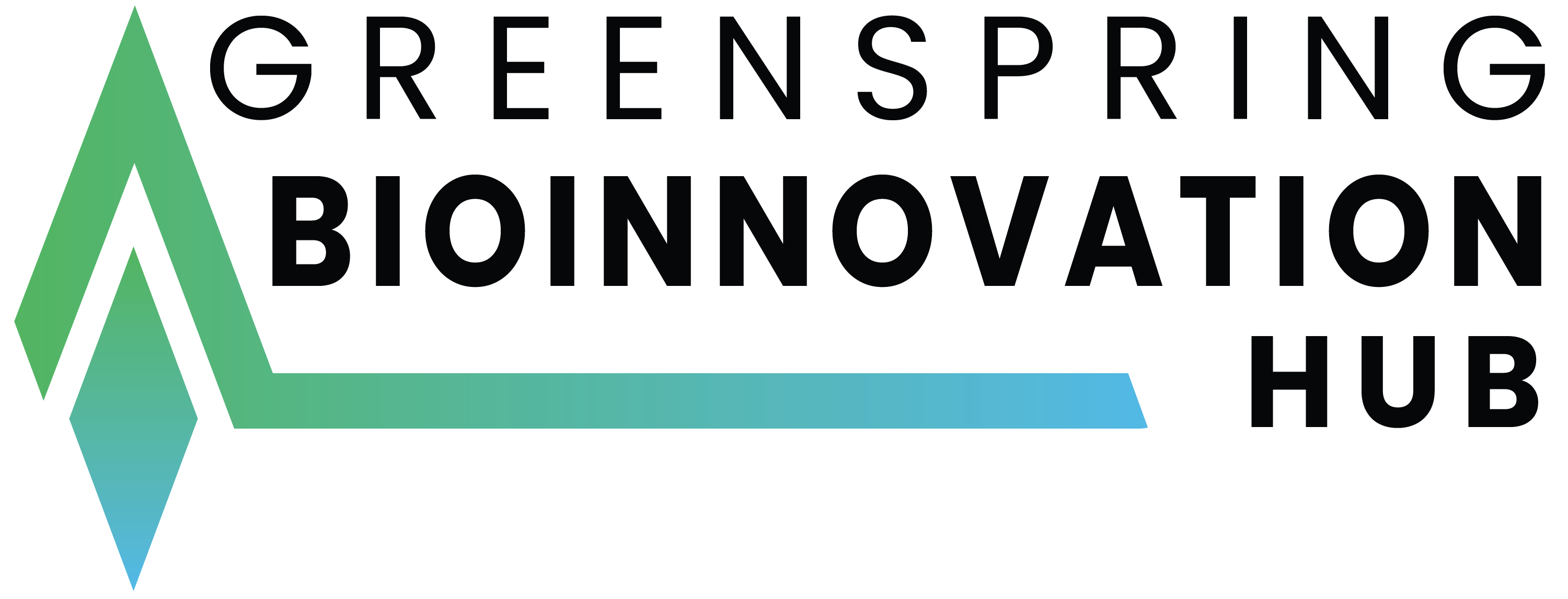Request for Proposals:
Assessing the Socio-Economic Impact of Nova Scotia’s Bioeconomy

Key Dates:
Monday July 31, 2023 – RFP Issued
Friday Sept 15, 2023, 5PM Atlantic Time – Submission Deadline
Friday Sept 29, 2023 – Proposal Evaluation Complete
Tuesday Oct 3, 2023 – Contract Awarded
Tuesday Oct 10, 2023 – Contract Work Commences
Friday March 22, 2024 – Contract Work Concludes
Send bid by email to:
ryan@novascotiainnovationhub.com
Subject line of email should read “EIA RFP Submission”
Background:
Established in 2015, The Nova Scotia Innovation Hub works to facilitate growth in Nova Scotia’s
bioeconomy. We aim to create a more prosperous future by harnessing our abundant forestry,
agriculture, marine, and waste management resources in a sustainable manner to support
economic growth, environmental sustainability, and social well-being.
The bioeconomy incorporates the economic value associated with traditional bioresource sectors
of forestry, oceans, agricultural, and organic waste streams. These sectors provide biogenic,
low-carbon feedstock for new biomaterials, biochemicals, and sources of bioenergy. The activity
associated with harvesting, processing, packaging, storage, transport, and associated
management and professional resources represents new economic value for Nova Scotians.
The bioeconomy is in its nascent stage. Several new and emerging companies have taken root
in Nova Scotia. They apply innovation and ingenuity to convert biogenic feedstock resources
into low-carbon solutions and benefit from growing market demand for these alternative
products. The growing demand is driven by many factors, including new bio-based high-performance materials and products unleashed by innovation following years of research,
engineering, and technical development. Considering published reports by McKinsey and others, the growth potential for the global bioeconomy is immense.
Primary Objectives:
- Define the bioeconomy and associated social, environmental, and economic factors;
- Quantify and analyze the bioeconomy potential for Nova Scotia in traditional socio-economic terms;
- Utilize analysis to guide resource allocation.
Project Requirements
The contractor is required to:
- Conduct a review of existing bioeconomy economic assessments, related literature, and
reports. - Define ‘bioeconomy’ and associated terms to be employed in scope of assessment.
- Articulate underlying assumptions and the degree of accuracy/reliability of each.
- Determine the economic value of the existing Nova Scotia bioeconomy based on these
terms. - Develop a survey to conduct with current Nova Scotia bioeconomy participants* and
other relevant stakeholders to obtain relevant economic data. - Conduct the data collection survey and iterate where required.
- Compile information, analyze, and generate quantified socio-economic projections, including the value of environmental benefits.
- Prepare a compelling report and present results.
- Work in an integrated fashion with the NSIH team for effective assessment communications.
*supplemented with data supplied by NSIH
Note concerning scope: The results of this project should reflect the incremental direct, indirect, and induced economic impact of Nova Scotia’s bioeconomy, including new, innovative products made with renewable feedstocks from forestry, oceans, agriculture, and municipal solid waste. This includes using by-products from traditional, primary processing of these feedstocks, as well as unused or underutilized primary feedstocks that can be harvested sustainably.
The assessment will exclude economic value associated with traditional outputs from these resource sectors. Examples of activities not to be included in the economic impact assessment:
- Primary management, harvesting, and processing of traditional forest products like lumber, pulp, and paper;
• Wood fibre by-products used for traditional products such as pulp and paper;
• Primary management, harvesting, and processing of food from agriculture;
• Harvesting and processing of food products from traditional fisheries.
Consultant Requirements:
Please provide a detailed quote outlining your proposed method and approach. A prepared quote will identify total project cost, a breakdown of total time allocation, and an estimate of expenses.
The contractor will be selected on the basis of:
- Industrial, bioeconomy and environmental knowledge and expertise;
- Local knowledge and presence;
- Track record, reputation;
- Quality of tools and resources to be deployed in the undertaking.
- Interpersonal skills at survey and data collection.
- Reporting quality
- Project cost.
(note: although project cost is an important criteria, the contract will be awarded based on total merits, and not necessarily conform to the lowest bid price.)
Please include CV(s), and if multiple candidates, the affiliation, as well as the role and amount of time for each candidate.
| Deliverables/Milestones | Schedule |
| Project kick-off meeting | October 10, 2023 |
| Finalize project scope, definitions, and assumptions | October 20, 2023 |
| Review of existing data and gap analysis | Nov 1, 2023 |
| Data gathering – literature review, industry surveys | Jan 26, 2024 |
| Data analysis and modeling | Feb 16, 2024 |
| Review of draft final report | Mar 1, 2024 |
| Final presentation and report | Mar 15, 2024 |
| Bi-Weekly update calls with NSIH project lead | TBD |
| Meetings with NSIH project team as required | TBD |
Any questions related to this RFP should be directed to:
Ryan Duff
ryan@novascotiainnovationhub.com
902-448-1296


Recent Comments